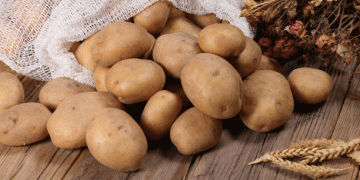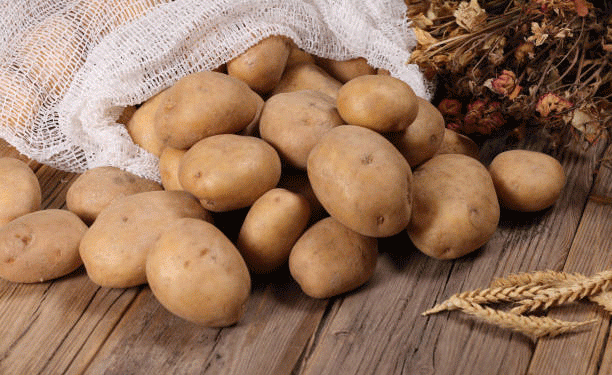Uzbekistan, ranking as the 23rd largest potato producer globally, has set an ambitious goal to fulfill its entire domestic potato demand through local cultivation by 2027. Despite producing approximately 3.6 million tons of potatoes in 2024—a 3.8% increase from the previous year—the nation imported 627,000 tons to satisfy its consumption needs.
Government Initiatives to Enhance Production
Recognizing the shortfall in current potato varieties and yields, the Uzbek government has mandated the Potato Research Institute to develop high-yield, climate-resilient varieties tailored to the nation’s diverse agro-ecological zones. The institute is set to produce three million tubers annually using in-vitro propagation techniques, which involve cultivating plant tissues under controlled laboratory conditions to ensure disease-free and robust seedlings.
To support these advancements, the government has allocated 400 billion UZS (approximately USD 30.85 million) from the Agricultural Fund in 2025, specifically earmarked for the development of potato farming. Additionally, to reduce production costs and encourage the adoption of superior seed varieties, imported seed potatoes will be exempt from customs duties for the next three years. Farmers are also being provided with access to modern cultivation and processing equipment through affordable leasing programs, facilitating the transition to more efficient and productive farming practices.
Regional Supply Chain Disruptions
The urgency of achieving self-sufficiency has been underscored by recent regional supply chain challenges. In January 2025, Kazakhstan, which supplied over 74% of Uzbekistan’s potato imports in 2024, imposed a six-month ban on potato exports to non-Eurasian Economic Union countries, including Uzbekistan. This decision, aimed at stabilizing domestic prices amid a 1.5-fold surge in exports, has significantly impacted Uzbekistan’s import capacity and highlighted the vulnerabilities associated with reliance on external suppliers.
Uzbekistan’s comprehensive strategy to achieve potato self-sufficiency by 2027 is a proactive response to both internal production challenges and external supply uncertainties. By investing in research, infrastructure, and farmer support, the nation aims to bolster its agricultural resilience, ensure food security, and reduce dependency on imports. This initiative not only addresses immediate supply concerns but also positions Uzbekistan’s potato industry for sustainable growth in the coming years.































